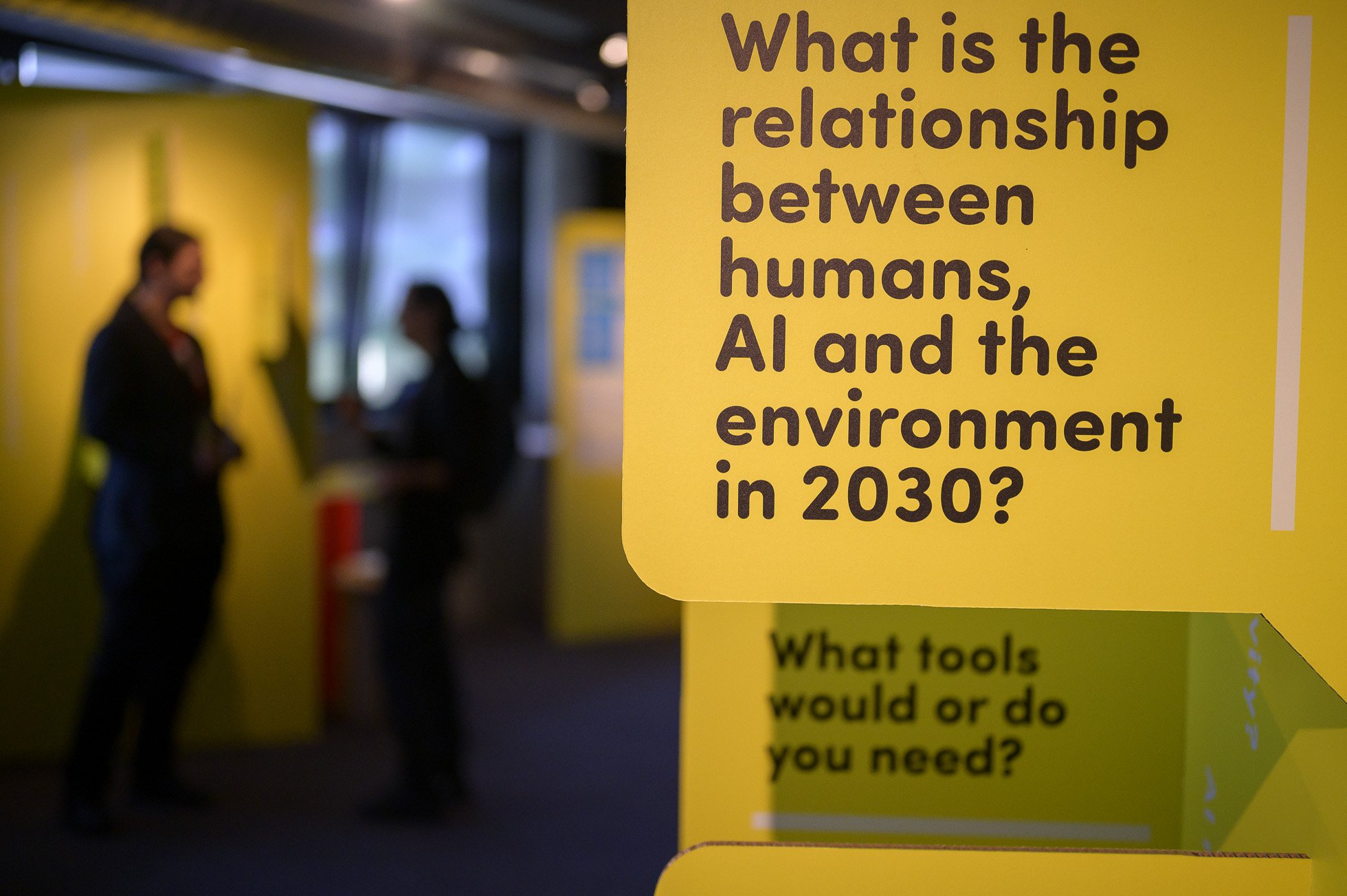It Seems the Future of AI is Art - Is the Future of Art, AI? We are launching a new joint AI Art commission to find out!
Image Credit: The New Real, photographer, Die Photo Frau
“Art is not what you see, but what you make others see.” Edward Degas
Artificial Intelligence (AI) technologies have enormous potential to change our lives and Scotland’s AI Strategy lays out a vision for Scotland to become a leader in the development and use of trustworthy, ethical and inclusive AI. For the vision to be realised, we need to ensure that the people of Scotland are engaged with this journey; that challenges are openly discussed and potential benefits are realised for the many and not the few.
Hence, the new stage of the partnership we are launching today between the Scottish AI Alliance and The New Real programme at The University of Edinburgh is committed to communicating and engaging with as wide an audience as possible on these issues.
Having previously experienced the power of artists and their art to communicate complex research concepts, The Scottish AI Alliance is passionate about exploring how we can leverage the arts to do the same for AI in Scotland. The arts as a medium through which we explore as well as steer the potential impacts of AI on people’s lives seemed obvious and that’s where our journey started with The New Real, developing a new AI Art commission.
At the same time, The New Real programme is expanding its efforts to reach as many of the communities that make up Scotland as possible and bring here leading international artists, developers, thinkers and visionaries to work with the astonishing new medium of advanced machine learning algorithms.
The resulting "Uncanny Machines" art commission is exploring the particular inflection point of machines as human-made agents of change. Both from an environmental as well as social point of view, data processing algorithms, and physical machines that they embody, are at the centre of a new industrial and social "revolution". With extensive hype and hyperbole, it is often hard to unpick just what kind of change and transition is happening, and exactly what are the underlying intentions of both human developers as well as the artificial intelligence(s) they are creating.
Especially pertinent are questions whether the future development is tending towards helping us do our jobs or are they going to deprive us of work (and pay!) altogether. Though most often we realise that machines are neither as independent nor as clever as they are purported to be, they now, for instance, uncannily resemble humans as creators of new digital content. Image generator tools (Dall-E, Midjourney, etc) released in the course of 2022 have profoundly disrupted the visual arts community and showcase one of the first direct applications of AI as a user-friendly tool for the masses. At the moment it seems the future of AI is about creative endeavours, but are arts now also an AI domain?
Following the research The New Real has been developing since 2019 the arts may well be the key to unlock the black box of AI and challenge some of the norms, biases and ideology of both uncritical techno-optimism (i.e. AI will save the world) as well as dystopian pessimism (i.e. AI will take our jobs or even do away with us). As such, we have framed this commission to explore how AI changes our understanding of what a "machine" is.
To do so, we are calling on the artists interested in this topic to send us proposals on how they would use AI itself to articulate the interplay between introduction of technology and changes to human perception of the world and our agency. Through The New Real's core partners, The Alan Turing Institute we are teaming up with the British Library and the Living with Machines project, to explore their digitised textual resources and tools which have documented and are now analysing a similar transition during the first industrial revolution in the 18th and 19th centuries.
We are inviting artists to consider conceptual change in our relationship(s) with "What is a machine?" at the point where the "machine" is an intelligent algorithm and the effects of the industrialisation of the past are at their most critical and damaging (i.e. climate change). At the moment when and the new version of GPTchat is noted by many commentators as “having passed the Turing test” - i.e. its responses being indistinguaisable from a human’s - how is our relationship with technology being altered at the cusp of the data/AI revolution? Is the future (of art) really bound in working with this new kind machines - AI?
We can’t wait to see your thoughts and proposals come in!
Authors: Matjaz Vidmar (The New Real) & Steph Wright (Scottish AI Alliance)
Links and further reading:
You can read fulls details of the New Real 2023 Art Commission here
Listen to our New Real 2023 Commission #AI & #ART 🎙️PODCAST here
Read blog by Prof Drew Hemment, New Real director, sharing an introduction to the commission theme here


